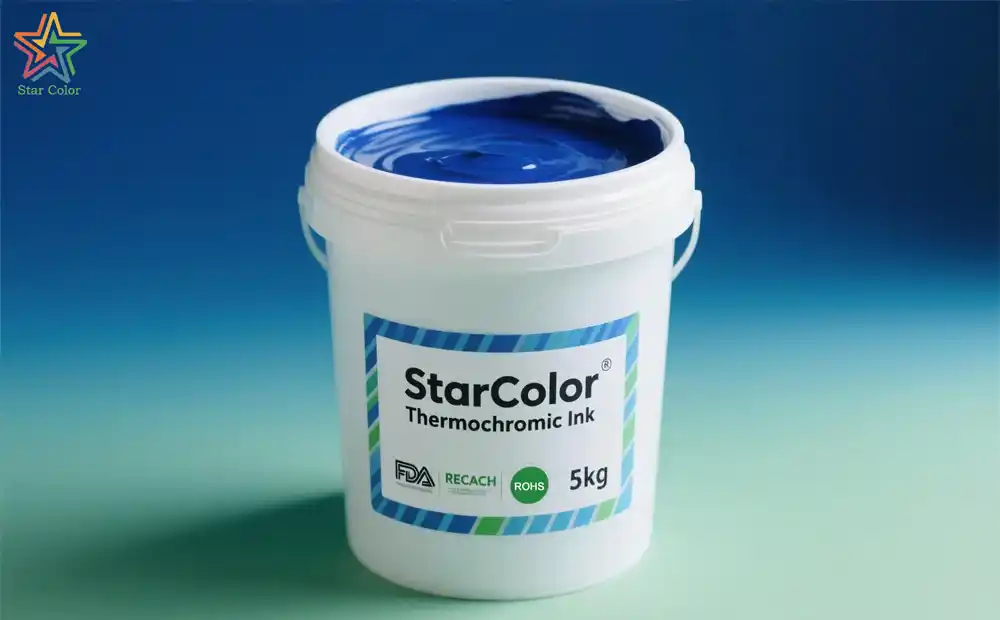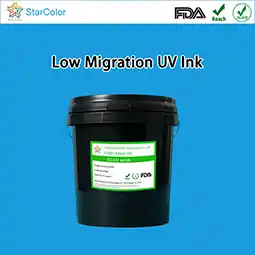Shelf Life and Storage Conditions of Thermochromic Ink
Date: Jul 05 2025 From: Star Color Views:
Thermochromic ink is a specialty material that changes color in response to temperature variations, widely used in packaging, labels, novelty items, and security printing. Due to its unique pigment technology, proper storage and handling are essential to maintain its performance and shelf life. This article explores the optimal storage conditions, expected shelf life, and practical tips to preserve the quality of thermochromic inks.
What Is the Shelf Life of Thermochromic Ink?
The typical shelf life of thermochromic ink is:
-
6 to 12 months for water-based systems
-
12 to 18 months for UV-curable systems
-
Shelf life may vary depending on ink formulation, colorant type, and packaging.
After this period, the thermochromic pigments may begin to degrade, leading to reduced color change performance, sensitivity loss, or irreversible discoloration.
Ideal Storage Conditions for Thermochromic Ink
To maximize the lifespan and performance of thermochromic ink, follow these storage guidelines:
1. Temperature Control
-
Store between 5°C and 25°C (41°F – 77°F)
-
Avoid exposure to extreme heat or freezing conditions
-
Do not store near heaters, windows, or direct sunlight
2. Humidity
-
Keep in a dry environment
-
Avoid high-humidity storage rooms which can affect water-based inks
3. UV and Light Protection
-
Thermochromic pigments are light-sensitive
-
Store in opaque containers or cartons
-
Avoid prolonged exposure to ambient or UV light
4. Sealing and Packaging
-
Always reseal containers tightly after use
-
Prevent air exposure to avoid oxidation or moisture contamination
-
Use original packaging with proper labeling (batch, date, color, temperature range)
Signs of Ink Degradation
Be cautious of the following signs that indicate expired or degraded thermochromic ink:
-
Noticeable change in viscosity
-
Loss or delay in color change response
-
Fading or discoloration in resting state
-
Formation of clumps or separation in the container
If any of these are observed, conduct a test print before using the ink in full-scale production.
Best Practices for Ink Management
-
FIFO Policy (First-In, First-Out): Use older batches first to avoid expiry.
-
Small Batch Storage: Keep only necessary amounts near the press; store bulk ink separately under stable conditions.
-
Label Clearly: Always note the opening date on the container for easy tracking.
-
Avoid Contamination: Use clean tools and containers to prevent impurities.
Conclusion
Thermochromic inks offer dynamic and interactive print features, but their sensitivity to environmental factors requires careful handling. By storing the inks under controlled conditions and respecting the shelf life, printers can ensure consistent and reliable color-changing performance. At Starcolor, our thermochromic inks are formulated for maximum stability and quality, with expert guidance available for optimal use.
 RU
RU EN
EN CN
CN














